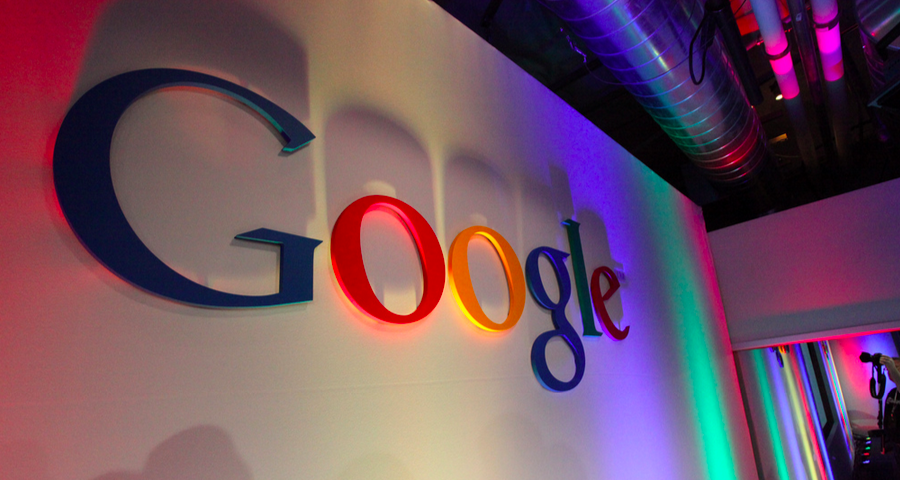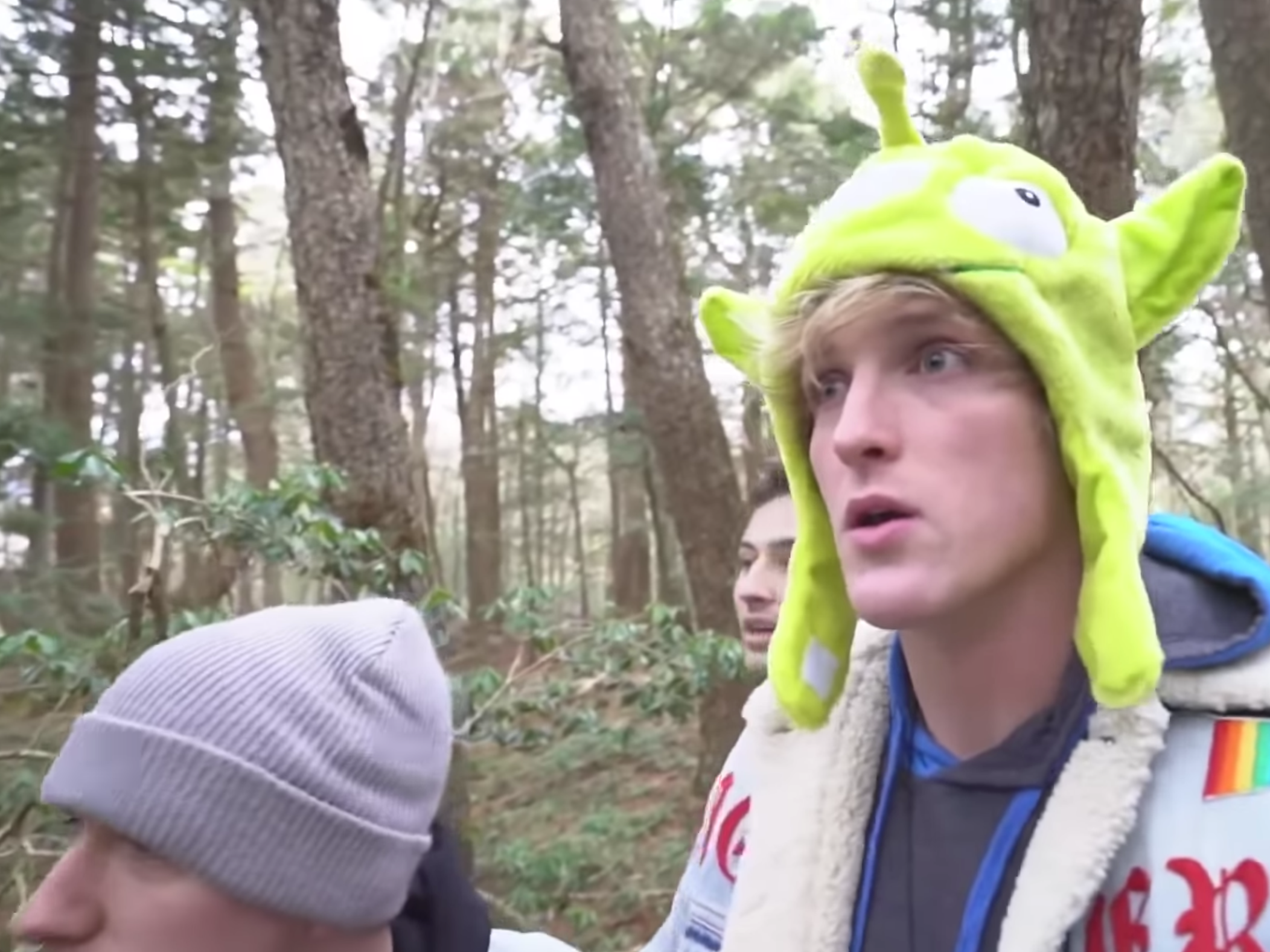Google temporarily bans addiction center ads globally following exposure of seedy referral deals

Google is temporarily halting advertisements worldwide for addiction and rehabilitation centers, following a report last week showing it was acting as a platform for shady referral services earning huge undisclosed commissions.
Essentially these ads, which commanded huge prices on Google’s networks, would show for people seeking addiction treatment; the help lines and services listed would then refer the person to an addiction center. These centers were, unknown to their new patients, paying enormous finders fees to the referral services, on the order of tens of thousands of dollars.
The company announced the decision to ban this practice globally in a statement issued to TechCrunch:
Substance abuse is a growing crisis and even as we’ve helped healthcare providers connect with people who need help, unfortunately there’s also been a rise in deceptive practices from bad actors taking advantage of those in need. This is a complex issue with varying degrees of regulation in different countries, which is why we’ve decided to suspend ads in the entire addiction treatment center category globally while we consult with experts to find a better way to connect people with the treatment they need.
Ads of this type, for referral lines and services that point people dealing with addiction to clinics and other resources, were stopped in the US in September, after a Verge report highlighting the practice. The company stopped showing ads in the UK following the Sunday Times’ investigation. When the practices would have been detected and stopped without a vigilant press is anyone’s guess.
Apparently following last week’s report, Google felt the risk of this type of thing happening elsewhere was enough to warrant suspending the whole business. It’s also possible the company internally confirmed that it was enabling it elsewhere; a look at the ad numbers would be all it would take, considering Google was reportedly making millions from this highly competitive marketplace.
The ads won’t disappear overnight, but rather will be phased out, presumably to avoid any kind of unpleasantness relating to contracts and such. They’ll come back once Google’s people find some way to serve them minus the risk of systematic abuse.
As seems to be the standard with ad-focused companies these days, this kind of action only seems to take place after someone outside the company drags a questionable practice into the public eye. One would think such large, wealthy companies would be able to detect it first, but it is also worthwhile to remember Upton Sinclair’s observation that “it is difficult to get a man to understand something, when his salary depends upon his not understanding it.”
I don’t mean to say that Google and Facebook are actively aware of wrongdoing or shady tactics on their platforms and deliberately doing nothing about it (although it’s certainly possible), and I know there are people in them that actually care about the ethics of these things. But the current system of others pointing out a problem and the companies apologizing all the way to the bank seems to be working pretty well for them. Why rock the boat?
At any rate in this case one can hardly argue with the results: people seeking help will still get it but companies preying on them will be sidelined. Here’s hoping a few more predatory advertising practices are uncovered and corrected.
Featured Image: Robert Scoble/Flickr UNDER A CC BY 2.0 LICENSE
Published at Sat, 13 Jan 2018 02:50:23 +0000




